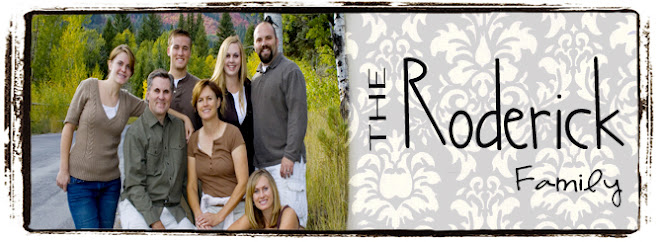When Shaphan, the kings scribe had read the "book of the law" to Josiah, Josiah rent his clothes. Once Josiah became aware of Judah's transgressions he assembled the contingent of Hilkiah, the priest, Ahikam, the son of Shaphan, the scribe, Achbor, Shaphan, the scribe and a servant of the king, Asahiah. These men were to enquire of the Lord on behalf of the people, Judah. (Aaronic, vicarious representation, vs.13)
Josiah's reading of the book of the law led him to understand the perilous condition of his people. "..., for great is the wrath of the Lord that is kindled against us, because our fathers have not hearkened unto the words of this book, to do according unto all that which is written concerning us." (2 Kings 22:13)
The royal contingent inquired of the the Lord through a prophetess who told these men:
"..., Thus saith the Lord God of Israel, Tell the man that sent you to me, Thus saith the Lord, Behold, I will bring evil upon this place, and upon the inhabitants thereof, even all the words of the book which king of Judah hath read: Because they have forsaken me, and have burned incense unto other gods, that they might provoke me to anger with all the works of their hands; therefore my wrath shall be kindled against this place, and shall not be quenched. But to the king of Judah which sent you to enquire of the Lord, thus shall yea say to him, Thus saith the Lord God of Israel, As touching the words which thou hast heard; Because thine heart was tender and thou hast humbled thyself before the Lord, when thou heardest what I spake against this place, and against the inhabitants thereof, that they should become a desolation and a curse, and hast rent thy clothes, and wept before me; I also have heard thee, saith the Lord. Behold therefore, I will gather thee unto thy fathers, and thou shalt be gathered into thy grave in peace; and thine eyes shall not see all the evil which I will bring upon this place. And they brought the king word again." (2 Kings 22:16-20)
The scriptures act as a call to repentance for all Judah to heed. King Josiah is promised covenant curses will be withheld because of his humility before the Lord. Josiah will go down to the grave knowing peace. His people will also enjoy peace because of Josiah's righteousness. However, after Josiah is gone, Judah will become desolate.
Josiah is not satisfied with his own peace and salvation. He does what all righteous servants of God do. Josiah assembled the elders of Judah and all priests and prophets, small and great. Josiah begins to teach his people from the book of Temple covenants. After reading the covenants to Judah, Josiah proposes a new covenant with the Lord. Josiah promises the Lord he will keep his commandments, testimonies and statutes with all their heart and soul. He pledges to keep the covenants written in the book. All Josiah's people agree to keep the covenant with the Lord. As a testament to their commitment, everything associated with idol gods are removed and burned. The ashes were stamped to "small powder" and distributed over the graves of the people. Josiah began a conquest against the worship of all idol gods, destroying all their alters and slaying all high priests who offer sacrifice and worship at the the alters of false gods.
Of Josiah it was written, "And like unto him was there no king before him, that turned to the Lord with all his heart, and with all his soul, and with all his might, according to all the law of Moses; neither after him arose there any like him." (2 Kings 23:25)
Were this story isolated to one king, the story would be of little consequence. We will now look for other examples that repeat the same pattern.
Friday, April 22, 2011
2 Kings 22-23 The Role of Scripture in the Restoration of Israel
Posted by Roderick Family at 5:13 AM
Subscribe to:
Post Comments (Atom)

0 comments:
Post a Comment